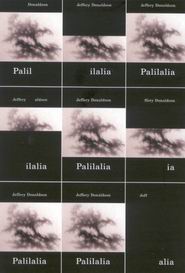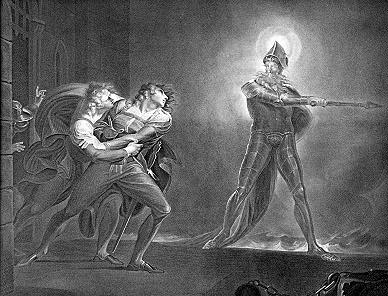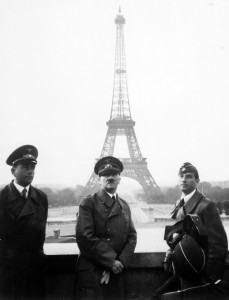
Jeffery Donaldson’s wonderful poem, “Museum,” encourages me to list some of the poems about, featuring, or otherwise related to Frye:
• Irving Layton, “The Excessively Quiet Groves” in Cerberus: Poems by Louis Dudek, Irving Layton, and Raymond Souster (Toronto: Contact Press, 1952), 55.
• R.G. Everson, “Report for Northrop Frye” in Delta [Montreal] (January 1959): 28.
• J.K. Halligan, “Northrop Frye” in The Belfast of the North and Other Poems (Belfast, Ireland: Lapwing, 2005), 43.
• Jay Macpherson, “The Anagogic Man” in Poems Twice Told: The Boatman & Welcoming Disaster (Toronto: Oxford University Press, 1981), 42.
• Jay Macpherson, “Notes and Acknowledgements” in Poems Twice Told: The Boatman & Welcoming Disaster (Toronto: Oxford University Press, 1981), 96. This poem appeared in a slightly different form in the original edition (Toronto: Saanes Publications, 1974).
• Caroline Knox, “Angels” in Massachusetts Review 26, no. 4 (Winter 1985): 579.
• Anonymous, “Reflections on Spending Three Straight Hours Reading ‘Anatomy of Criticism.’” A bit of doggerel that circulated among Victoria College students. Published in Toronto (October 1986): 8.
• John Updike, “Big Bard” in American Scholar 70, no. 4 (2001): 40.
• Florentin Smarandache, “The Philosophy of Psychology”
• Roy Daniells, Untitled, Enclosed with Daniells’s letter to Frye of 27 April 1976, which is partially in response to the letters Frye wrote to him during the summer and fall of 1976 when Daniells was in Rome [“I dreamed the final Judgment came”]. In the Roy Daniells Fonds, University of British Columbia.
• Roy Daniells, “On Reading ‘The Varsity’ for October 22nd, 1976 [“How doth our Norrie sit and smile”]. Enclosed with Daniells’ letter to Frye of 16 October 1976. In the Roy Daniells Fonds, University of British Columbia.
• Roy Daniells, Untitled, 2 November 1976 [“This envelope has come to hand”]. In the Roy Daniells Fonds, University of British Columbia.
• Roy Daniells, Untitled, 9 September 1976 [“Dear Norrie, Do not softly swear!”]. In the Roy Daniells Fonds, University of British Columbia.
• Roger Angell, “Greetings, Friends” in New Yorker (29 December 1980): 35.
• Richard Outram, “In Memory of Northrop Frye,” in Globe and Mail 16 February 1991, and Northrop Frye Newsletter 3, no. 1 (Spring 1991): 36.
• Margaret Atwood, “Norrie Banquet Ode.” Composed on the occasion of the banquet held on the final day of the conference “The Legacy of Northrop Frye,” 31 October 1992, Victoria College, Toronto. Published in The Legacy of Northrop Frye, ed. Alvin Lee and Robert D. Denham (Toronto: University of Toronto Press, 1994), 171–73; rpt. in Northrop Frye Newsletter 6, no. 1 (Fall 1994): 38–9.
• Jeffery Donaldson, “Museum” in Palilalia (Montreal & Kingston: McGill Queen’s University Press, 2008), 17–26.
• Kildare Dobbs, “On Seeing a Snake at Villa Epidaurus” in The Eleventh Hour: Poems for the New Millennium Oakville, ON: Mosaic Press, 1997), 68–9.
• Kildare Dobbs, “Dracula Verses: 1. The governess” in The Eleventh Hour: Poems for the New Millennium Oakville, ON: Mosaic Press, 1997), 88.
• Finkelstein, Norman. “A Tomb for Northrop Frye” in Passing Over. New York: Marsh Hawk Press, 2007): 11–12.


